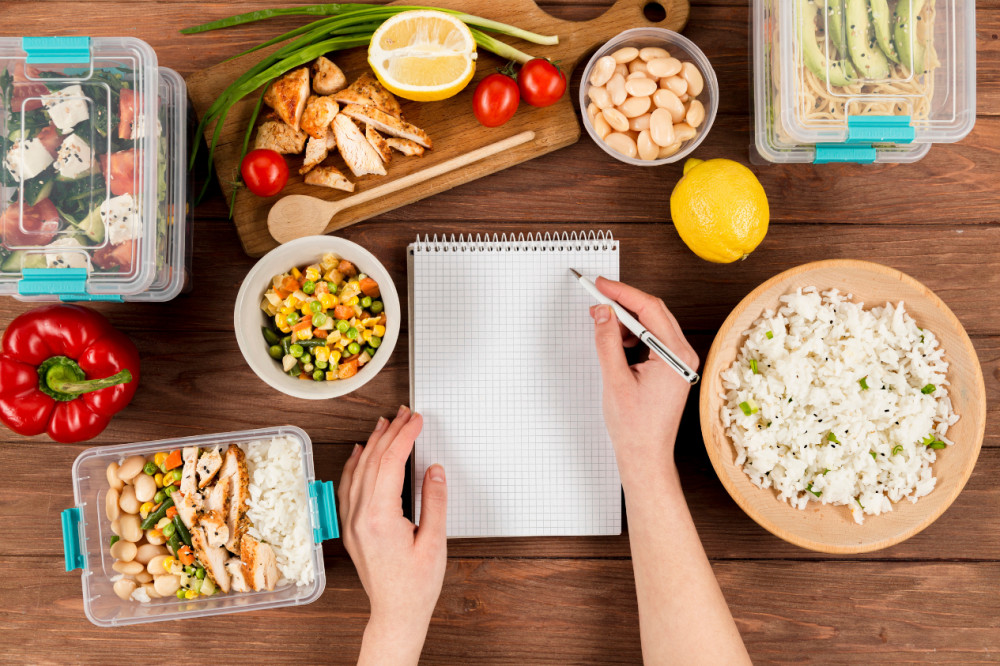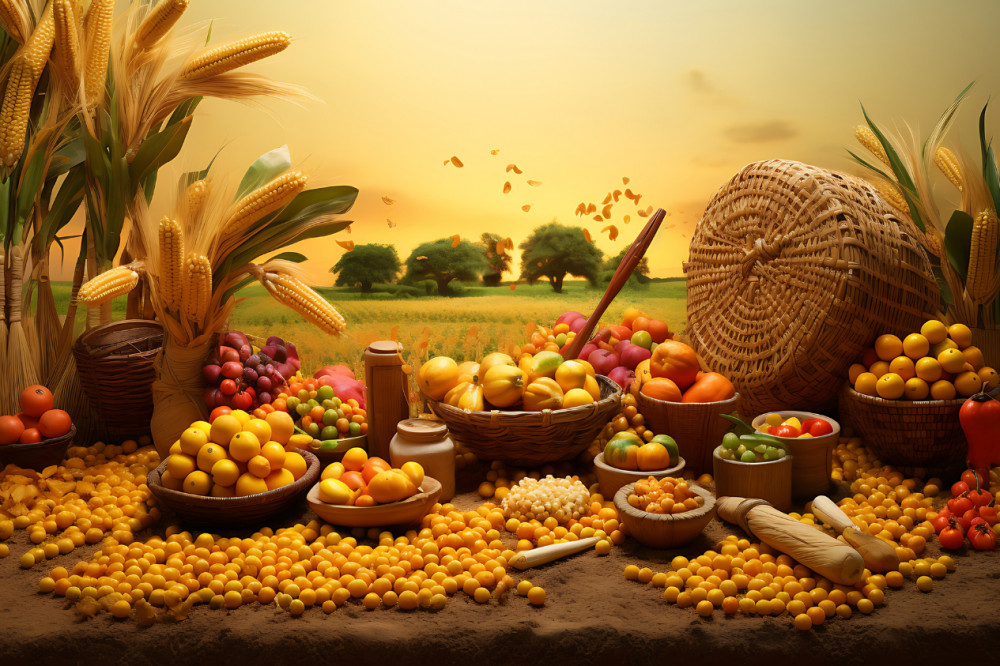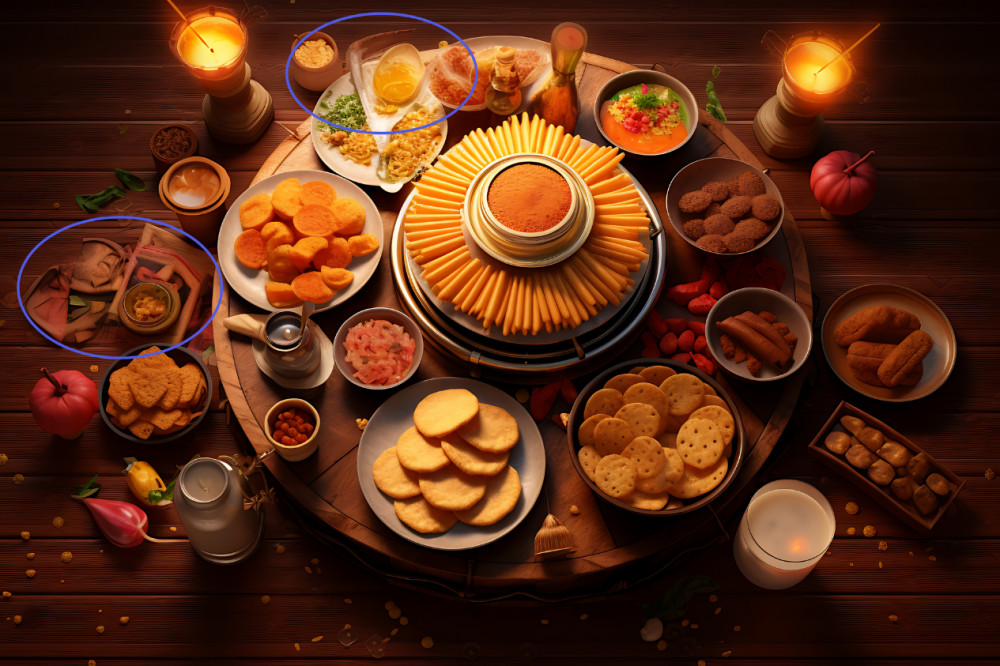
All the Fuss around Intermittent fasting!

While many share the common goal of getting healthy, each individual follows their own road to better health. Intermittent fasting is a popular way of dieting and weight loss that is gaining momentum rapidly. Keep reading to find more about intermittent fasting and what is all the fuss about!
What is Intermittent Fasting?
Intermittent fasting is a diet plan that includes burning more calories than the body consumes in a day. It is a popular means of weight loss that can be practised by limiting your food intake to only a few hours a day or having a single meal a day for a couple of weeks. Intermittent fasting also has been the top diet plan of 2020 and 2021!
So here are some ways to practice intermittent fasting-
1. Fast for 12 hours a day
Different styles of intermittent fasting may suit different people.
The rules for this diet are simple. A person needs to decide on and adhere to a 12-hour fasting window every day.
This type of intermittent fasting plan may be a good option for beginners. The easiest way to do the 12-hour fast is to include the period of sleep in the fasting window.
For example, a person could choose to fast between 7 p.m. and 7 a.m. They would need to finish their dinner before 7 p.m. and wait until 7 a.m. to eat breakfast but would be asleep for much of the time in between.
2. Fasting for 2 days a week
People following the 5:2 diet eat standard amounts of healthful food for 5 days and reduce calorie intake on the other 2 days.
During the 2 fasting days, men generally consume 600 calories and women 500 calories.
Typically, people separate their fasting days in the week. For example, they may fast on a Monday and Thursday and eat normally on the other days. There should be at least 1 non-fasting day between fasting days.
Here are some foods that will help you in your journey-
- Water-
Technically, not food. But the most important part of any meal!
Water is central to the health of basically every major organ in your body. So drink lots of water!
- Fish and seafood-
In addition to being rich in healthy fats and protein, it contains ample amounts of vitamin D.
- Cruciferous veggies-
Foods like broccoli, brussels sprouts, and cauliflower are all full of fibre! This will regulate your bowel moment.
Fibre can also make you feel full, which may be a good thing if you can’t eat again for 16 hours.




